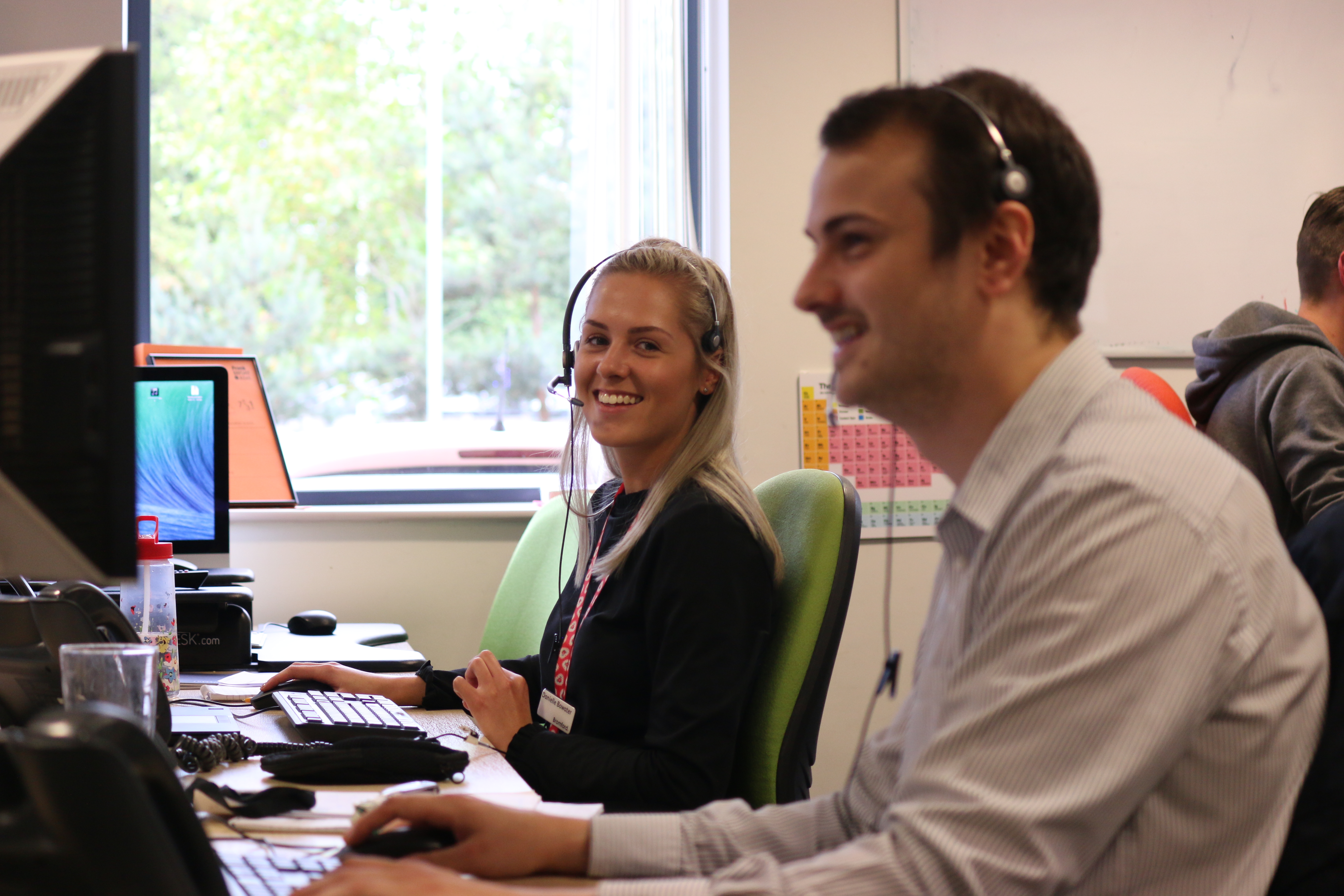24 January 2018
The choice is yours
Our role is to coach – helping customers make the choices that are right for them at that point in their lives by explaining the options open to…
The content in this article may now be out of date. Please try searching for a more recent version.
Having spent the last 25 years working for local authorities, the Department for Work and Pensions and in social housing, Damian Carter knows better than most the challenges that money, debt, employment and benefits throw up.
Here Damian, opportunities manager for Bromford, shares his thoughts on Universal Credit…
A lot has been said about Universal Credit since its conception and through the course of its roll-out. Depending on which side of the fence you sit, it’s either the best thing since sliced bread, or the worst idea ever!
Regardless of your political persuasion, I think we could probably all agree that, in principle, the idea behind Universal Credit is fundamentally a good one. Welfare reform and the introduction of Universal Credit was always about getting people working - which ultimately is not only good for your pocket, but more importantly is good for your health and emotional wellbeing too.
Now before you jump down my throat and tell me that you can’t work or there are no jobs out there, please take a minute to carry on reading.

There are countless reasons why you might feel you’re not able to find a job. Barriers such as childcare, travel, disability, poor health, caring responsibilities, lack of skills and low confidence are challenges that many people face on a daily basis – but with a little help and advice some of these may not be the mountain you think they are.
No jobs? Well that I would challenge. I think the statement most people mean is there are no jobs that I want, can do, meet my skill set, would make me enough money to live on, close by etc. rather than there is none.
Expectation
Now it’s not my job or place to tell you what to do, but I do feel it’s my responsibility to let you know all the facts so you can make an informed decision when it comes to the way you’d like to live your life.
Whether you agree with Universal Credit or not, there is an expectation from the government that if you are:
I understand that all of this is easier said than done. I have experienced the misery of being made redundant and looking for work. It can be a frustrating and thoroughly miserable experience and can be a really tough road for a lot of people, but Universal Credit is not something we can ignore. Bromford didn’t introduce Universal Credit, but many of our customers (and colleagues) have to live with it. Universal Credit has its good points but it also has some potholes, so I feel it’s only right to offer as much help and advice as possible to help you make the choices that are right for you.

Work is not just about money
Obviously, going to work puts more money in our pockets that allows us to do more of the things we enjoy but there’s much more to it than that.
Among many other benefits, working helps us to socialise and make friends. Our confidence and self-esteem is built as we learn new skills that enable us to develop both professionally and emotionally. Work gives us a sense of achievement and, for some, a reason to get up in the morning.
In my experience people who work are happier (on the whole!) than those who don’t. And with research suggesting that being out of work has a negative impact on your health and wellbeing with poorer general and mental health it makes sense to me that if you can, you should most definitely, find yourself a job.

As I said earlier, that’s easier said than done for many people but you don’t have to do it alone. We have a team of neighbourhood coaches who work closely with our customers to help them make the decisions that are right for them. If you’re not sure who yours is, you can quickly find them by using our online neighbourhood coach search. This team have access to a specialist group of employment coaches that can help find the right job for you, taking into account any childcare, travel needs or financial commitments you have. They are there to help you find a job that fits with your lifestyle and circumstances.
It’s really important to remember that Universal Credit (like it or hate it) and the push to get more people working (or people working more) is not going away. So my advice to you is to find out all you can about how it will affect you and your family – and make the right choice for you.
Coming soon
Watch out for my blogs that will cover how Universal Credit affects you if:
In the meantime, you can find out more by speaking to your neighbourhood coach and by clicking the link below.
24 January 2018
Our role is to coach – helping customers make the choices that are right for them at that point in their lives by explaining the options open to…
22 September 2017
"It doesn’t matter where you’ve been – it’s all about where you’re going, and what Isabel has done in a relatively short space of time is massive and…